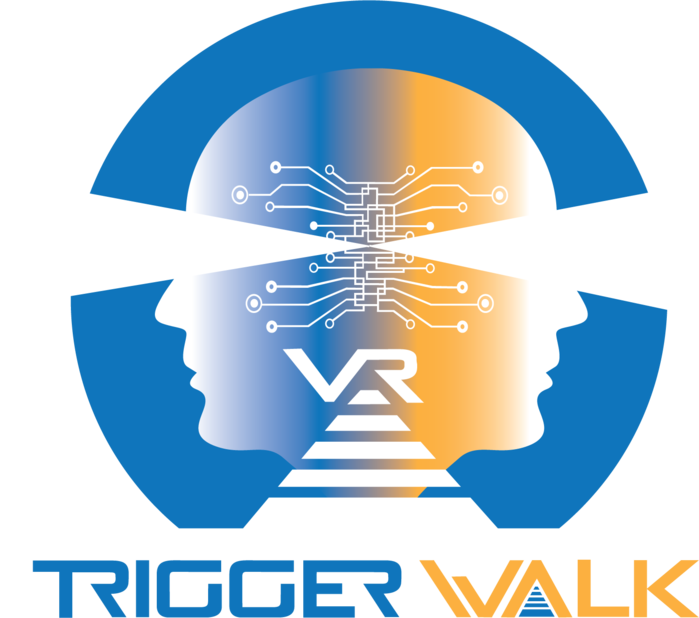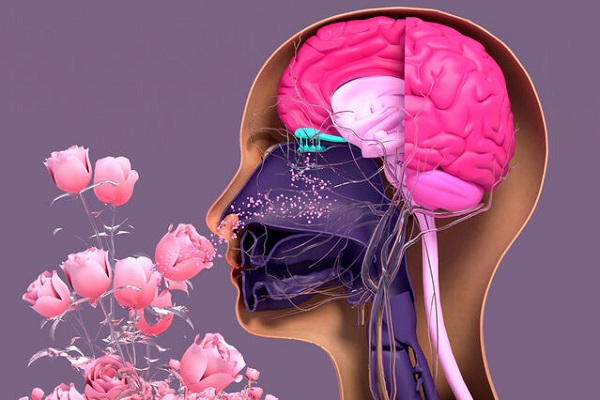What is TriggerWalk?
TriggerWalk is a startup company of people recovering from addiction that find that being in the bubble of a Recovery Center does not get them ready for the world once they leave
Together we walk the path to recovery.
Why is our company called TriggerWalk?
We call it TriggerWalk and the Virtual Reality (VR) is the tool we use to offer this therapeutic platform. People with addiction, PTSD, or even fear of heights are triggered by people, places or things including smells that trigger their mental and physical reaction and in many cases in a dangerous or destructive manner. So using Virtual Reality (VR), we walk these people through their triggers in a safe, controlled environment such as a Rehabilitation Center.... (VR)TriggerWalk.

Together we walk the path to recovery. We provide the most responsive and functional Que Therapeutics technologies designed for both recovery and rehabilitation worldwide









